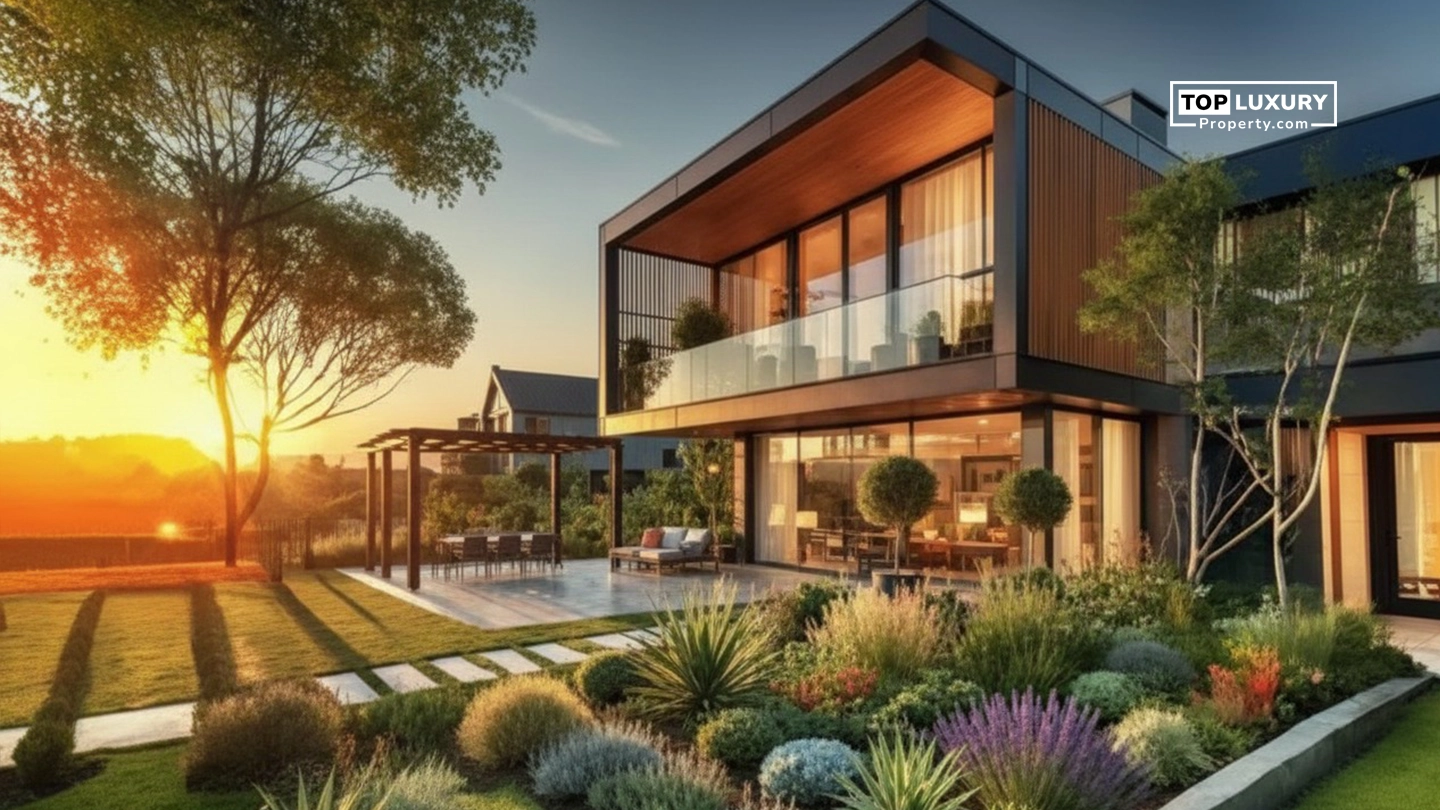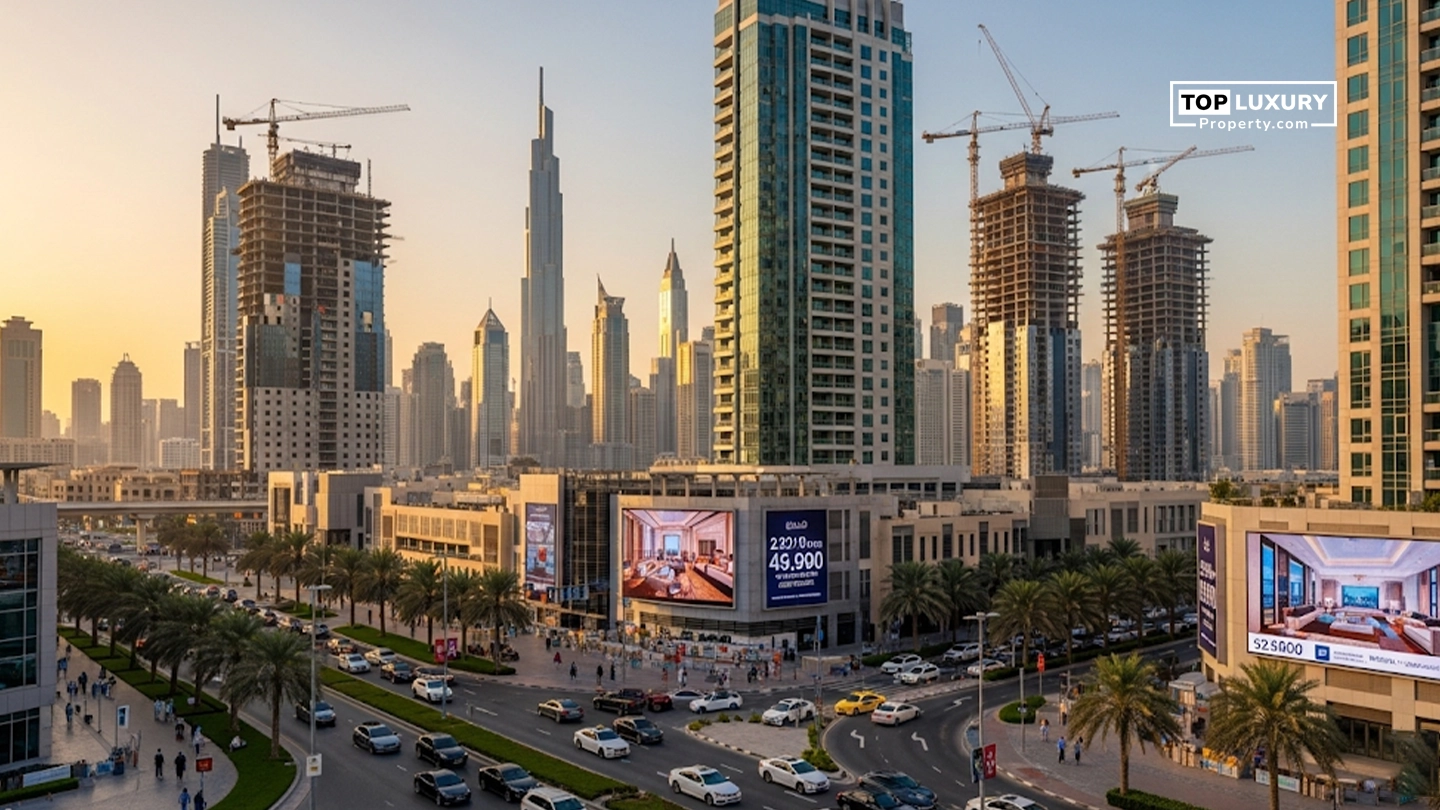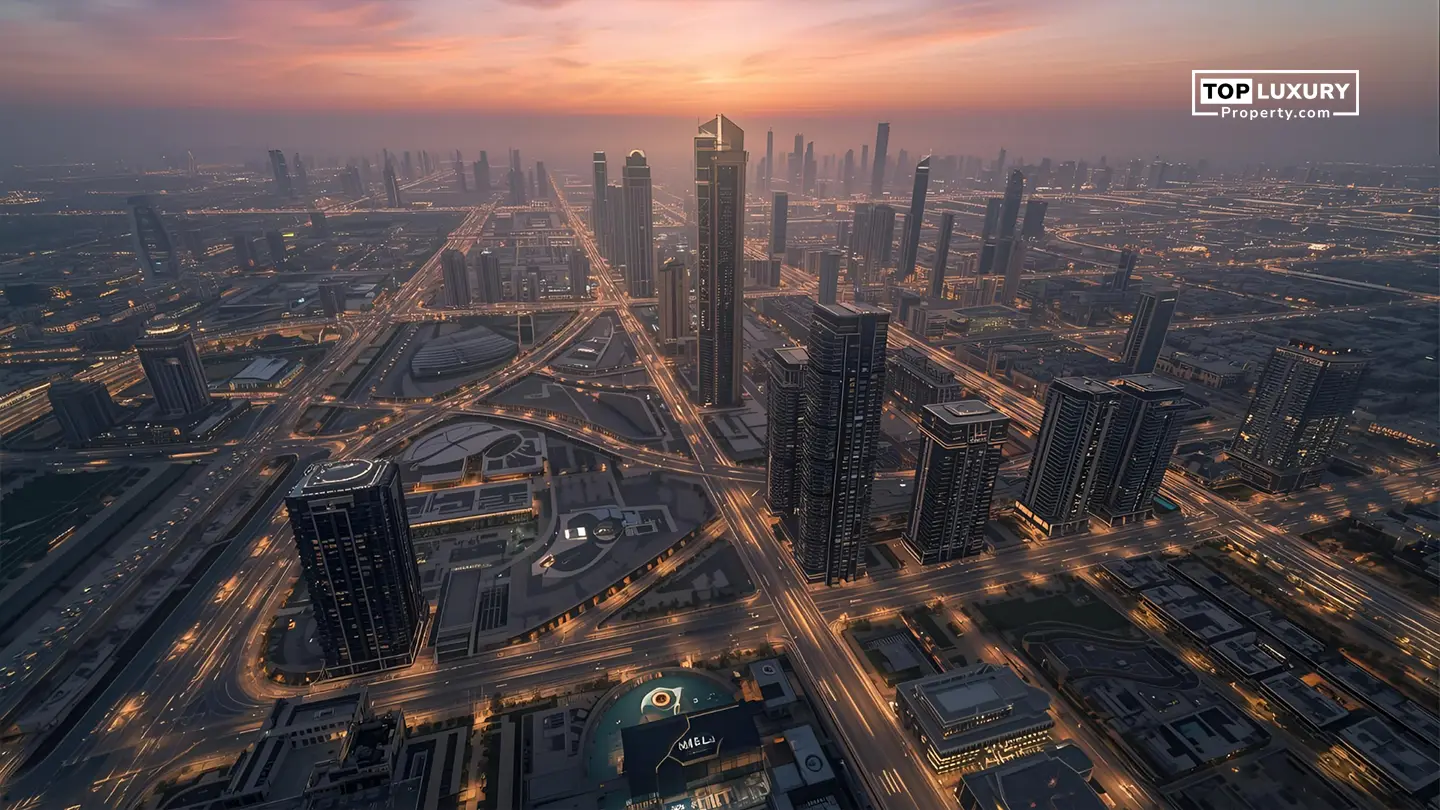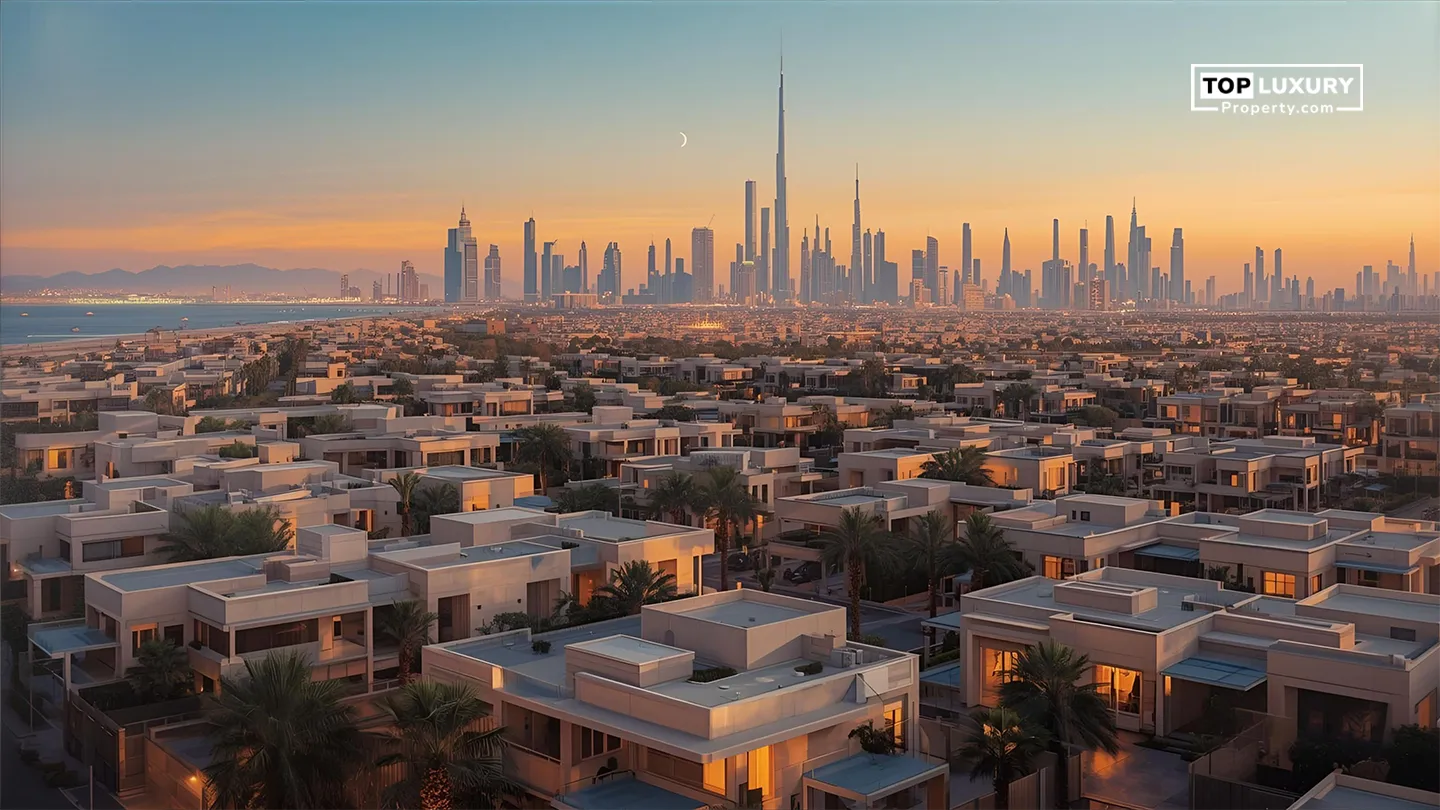 Jan 29, 2026
Jan 29, 2026West Facing House as per Vastu
The house orientation is an aspect which has long-term consequences to the comfortability of your residence, the use of energy and even your mental health. Some of the orientations that have been an issue of debate are the west-facing house. These properties can provide you with stunning views at the sunset but are those properties practical? What are the disadvantages of a west-facing house in the real world?
The article will go into the disadvantages both physical and culture of having a west-facing house so that you can make a decision on whether it is the right house with regards to your lifestyle and values. With both architect insight and actual user experience behind this, here are some of the things you should know before you commit that floor plan or property transaction.
Excessive Afternoon Heat
A major and commonly cited drawback on a west-facing house is massive accumulation of heat later in the day and during evenings. This is because of the direct and extended contact with the sun especially between the time of 12 PM and sunset. This can effectively make your home an oven by late afternoon especially during the summer months.
When the west part of the house includes large windows or panels of glass, then the issue becomes worse and the inside of the space is uncomfortably warm. The people tend to use fans or air conditioning systems more in summers and mostly during 2 PM to 7 PM.
Increased Energy Costs for Cooling
Due to afternoon heat gain, the cooling expenses in the homes with the western exposure are more likely to be high. Your air conditioners or coolers will require more electricity to keep the indoors temperate.
Be it the big cities like Dubai or a warmer climate zone, this additional ingestion of heat can easily amount to a significant increase in the monthly utilities news. It is not merely an inconvenience but gets to be a permanent running cost.
Glare and UV Exposure
Sun glare is another disadvantage of functionality. Glare can significantly disrupt visibility and comfort especially in your living room or workspace and in your place of TV viewing where you have a west-facing house living room and the area is open to sunshine. This increases the difficulty in reading, sitting in front of the computer, or even watching television without experiencing any form of discomfort.
Additionally, the amount of west-facing house sunlight issues means more UV radiations and this UV can not only cause tearing of the eyes but can also make the contents of your home short-lived as we will see below.
Fading of Furniture and Fabrics
Excessive sun exposure has the ability to discolor the color of your interiors and also compromise their texture. Wooden floors, curtains, sofas and rugs in the West, UV-ray exposure is more likely to develop the wear-and-tear.
Customers also discover that furniture by windows facing west tends to discolor faster and they frequently have to replace that or install some kind of safeguard such as tinted windows or films again which brings an increased expenditure in maintenance or recast.
Limited Morning Sunlight
Another less-known disadvantage is the absence of morning sun rays which are proven to raise the spirits and stabilize your circadian rhythm. The East side of west-facing houses that get the morning sun is therefore often in the back or service yard - so there is less opportunity to enjoy the fresh daylight at breakfast or in times of morning ritual.
A small effect of this can be on routines catering to daily activities, particularly in colder areas or of people who consider natural light to set their schedule.
Challenges with Landscaping
Problems with west-facing homes may be a problem to the garden lovers. The afternoon light is strong and lasts long and this could be harmful to some of the plants, particularly the shade plants.
The west side of the property is, in most cases, landscaped and:
Growing of more resistant plants: Capable of withstanding heat.
Putting in place of shade structure or awning: Reduces heat.
Proper scheduling to prevent singeing lawn and planting beds: Essential for plant survival.
Such measures are effective but add costs to the initial and maintenance landscaping expenses.
Impact on Indoor Comfort
Creature comfort is more than temperature. A house which is overheated during the afternoon and does not cool down in the evening can be exhausting to inhabit. The occupants frequently report feeling lethargic or discomfort during the most heated times of the day, and this primarily occurs in rooms which face west, whether they are bedrooms or living areas.
Also the poor balance in terms of daylight and air circulation may lead to unbalanced ranges of temperatures within the home with one room being cold and another room being hot, also when talking about indoor Comfort it is important to have idea on How Do I Check The Vastu of My House?, because better visibility improves overall home environment
Potential for Higher Maintenance Costs
As indicated in the previous section, being always subjected to heat and UV may hasten the wear and tear inside the vehicle, raising the following:
The increased repainting: Due to sun exposure.
Electrical damage when electricals are close to sun facing walls: Overheating risk.
Motorists could have faded or cracking window films and coverings: Due to UV.
Bending of woodwork: Heat-induced material damage.
Even the outside facades can wear out quicker. In the long term, these minor repairs lead to increased maintenance costs in comparison to homes that are not so imbalanced when it comes to their orientation.
Vastu or Feng Shui Concerns
Culturally and spiritually, west-facing houses Vastu and Feng Shui deliver some red signals in regard to west-facing houses. According to Vastu, the perfect entrance can cross through the north or the east direction because the north east is considered to bring good luck, good health and good energy.
West-facing homes can have problems with the following:
Misuse of energy in case of the wrong location of the main entrance: Poor flow.
Viewing decline or an absence of progress as a result of being associated with the setting sun: Perceived negative energy.
Corrective remedies required: Such as putting the entrance in northwest or southwest directions with alterations.
These beliefs do not bear any significance scientifically but have an impact on resale value especially in areas or among consumers that are extremely strict Vastu adherents.
Reduced Appeal for Resale
All the disadvantages of a west-facing house accumulate to form less demand for homes facing west in certain markets. Possible purchasers can be scared away by:
Dynamo, woe and fuel bills: Deterring cost burden.
Vastu or cultural discomfort: Buyer hesitation.
Other details that needed to be changed in design: Extra cost.
This may influence resale bargaining power and lead to elongated listing period or discounting of houses particularly in a competitive property market.
Comparison Table: East Vs West-Facing Houses (Drawback Emphasis)
| Aspect | West-Facing House | East-Facing House |
|---|---|---|
| Afternoon Heat Exposure | High (direct sun 2–6 PM) | Low |
| Cooling Costs | 20–35% higher annually | Lower |
| UV and Glare Impact | High – leads to fading interiors | Minimal |
| Morning Natural Light | Minimal | Abundant |
| Landscaping Difficulty | High heat requires shade-tolerant plants | Moderate |
| Indoor Temperature at Night | Often remains warmer | Cools down quicker |
| Vastu Favorability | Conditional, requires adjustments | Generally considered auspicious |
| Maintenance Costs | Higher due to heat and UV | Lower |
| Resale Value | Often discounted | Preferred and commands better price |
| Lifestyle Fit | Better for night owls | Better for early risers |
Final Thoughts: Should You Avoid West-Facing Houses?
There are no bad west-facing houses, but they call for special attention. The degree to which heat management and maintenance, the degree to which there are cultural impressions that need to be dealt with, that this is just a plain old lack of comfort on a daily level, the drawbacks can mount rapidly without some thoughtful design and planning.
When looking at such a property, evaluate:
Your climate zone
Window placement and shading options
Budget for cooling and repairs
Importance of Vastu or sunlight in your lifestyle
Being aware of these factors will contribute to a well-informed decision of yours, and there will be no buyer regret in the end.










